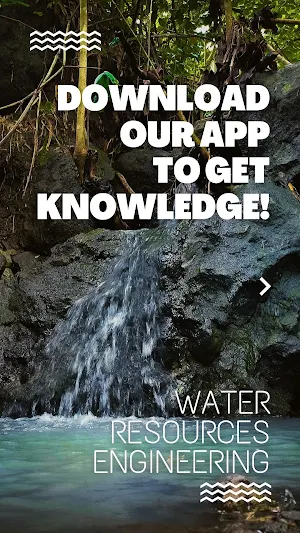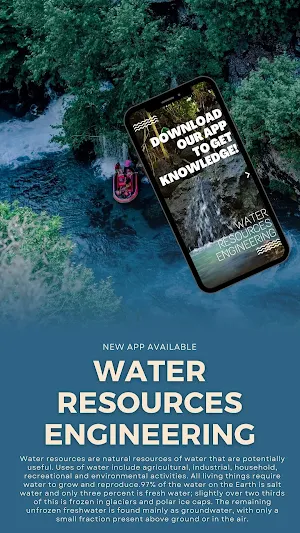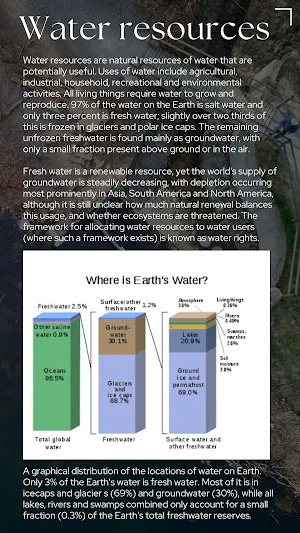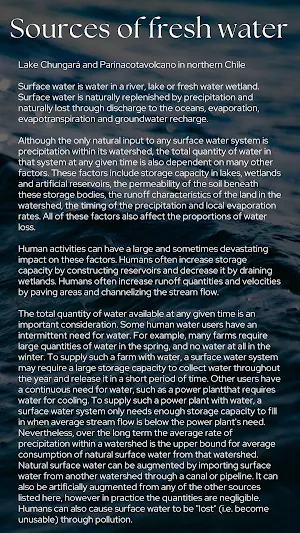



Water resources engineering, learn the quantitative of the hydrologic cycle




Water resources engineering is the study and management of equipment, facilities and techniques that are used to manage and preserve life’s most plentiful resource. In addition to assessing how and the best ways in which to control water as it pertains to water-related activities – such as irrigation, waste disposal and canal development – water resource engineers are also frequently involved in water management to ensure that it’s safe to drink both for humans, plants and animal usage. As previously referenced, surface water makes up about 71% of the planet, which is the equivalent of roughly 326 million cubic miles. At the same time, though, just 3% of the Earth’s water is fresh, according to the Bureau of Reclamation. And of this total, 2.5% of it is out of reach, contained in the soil, polar ice caps, the atmosphere and glaciers or too polluted to use safely.
Water resources engineers fulfill a wide variety of roles in designing and managing water-based systems. These roles include designing major water distribution systems that transport water to water users and collection systems that convey waste and storm water, managing surface and ground water resources, metering and quantifying flows in rivers and streams, modeling and designing major water resources projects (e.g. canals, reservoirs, and hydroelectric works), and many other water-related engineering functions
The electrical wiring in your home that keeps your laptop, phone charger,...
Over the past 100 years, we’ve witnessed some of the most profound...
In a market economy, goods and services are produced and exchanged according...
Biology is a natural science concerned with the study of life and...
Environmental science is the study of patterns and processes in the natural...
The science of agriculture deals with all aspects of plant and animal...
Created with AppPage.net
Similar Apps - visible in preview.